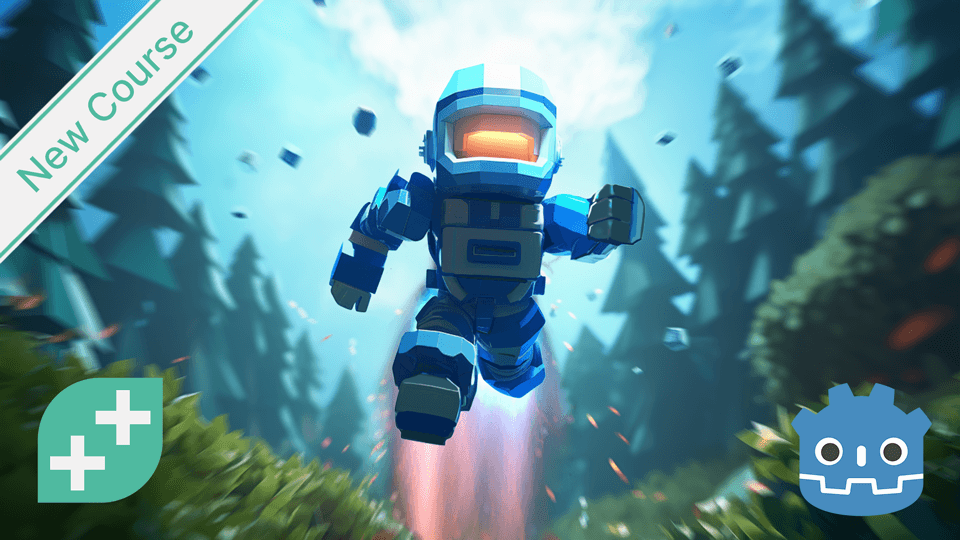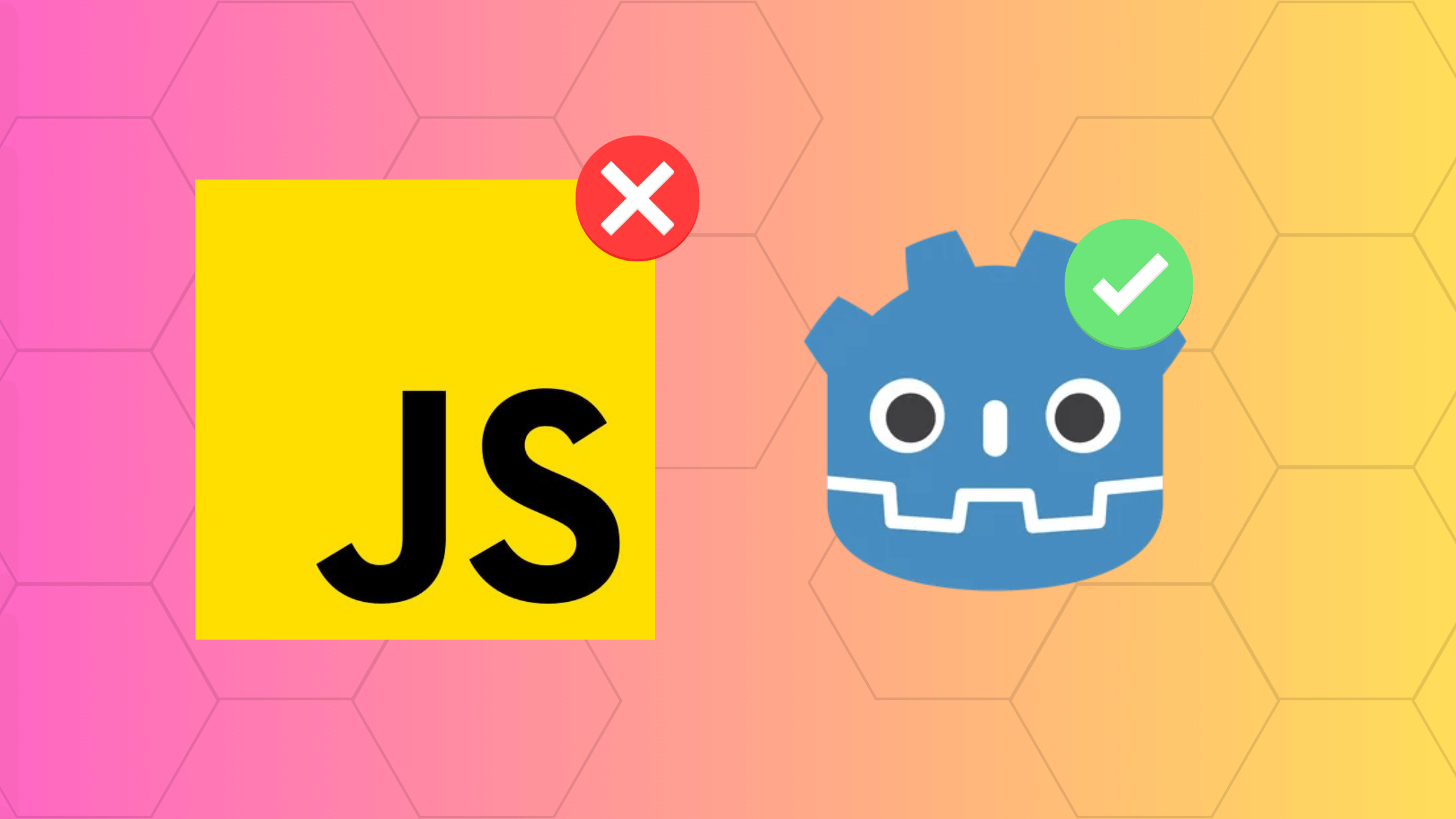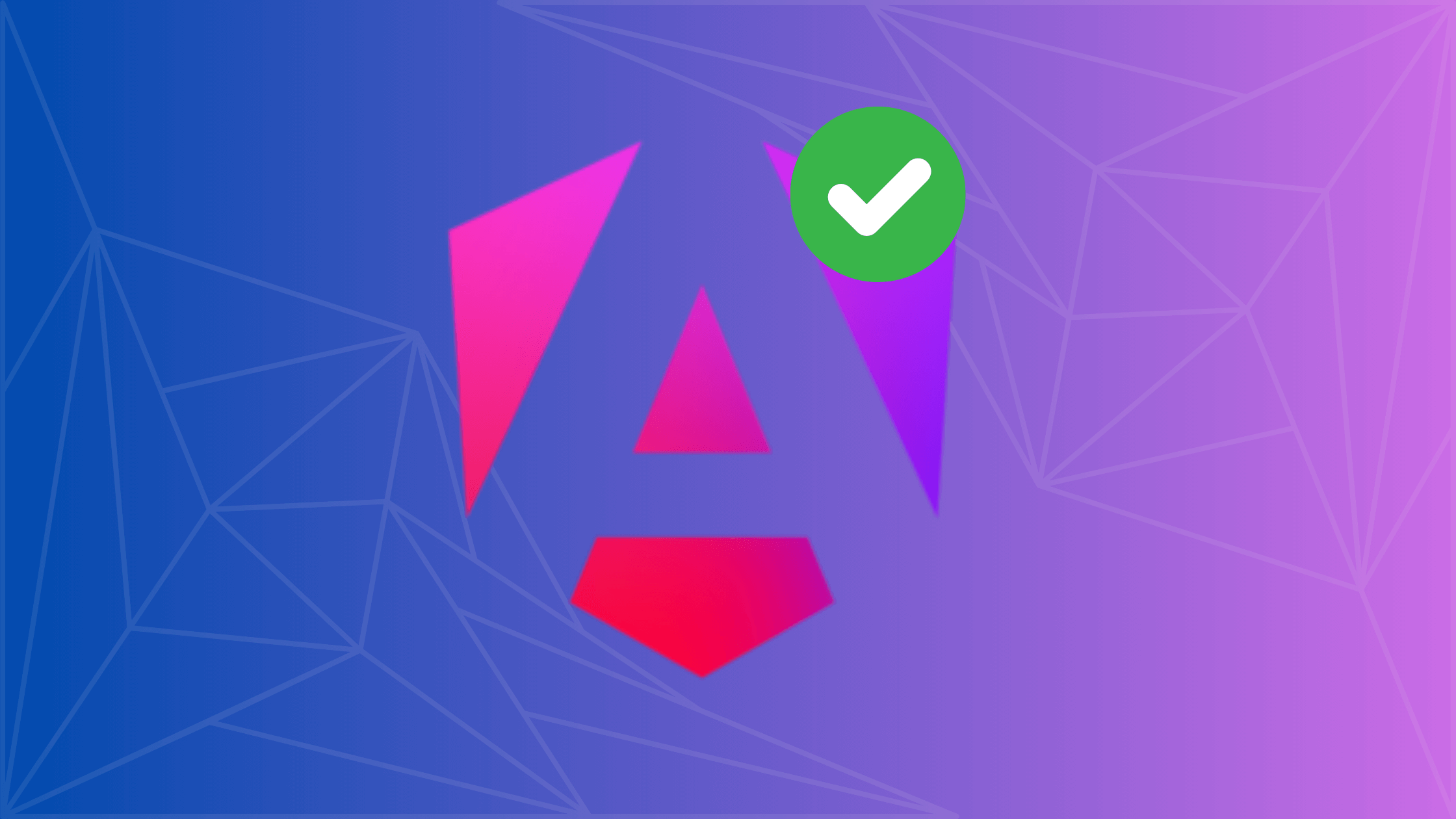How to Become a Web Developer [2023]
It may be a little hard to navigate through the web development sphere, but in reality, to become a developer is really simple. It is tough in your first few steps, but if you have the resolve and discipline to learn the skills, develop a portfolio, and put yourself out there by networking, you should have a relatively easy time.
This guide will cover all the major steps you need to take to get there, and by the end of this, you will have the perfect roadmap to land your first job as a web developer!
Web development is the art of building websites and web applications. It's like architecture, but for the internet—only with fewer hard hats and more hoodies. There are three main types of web development:
| Type | Description |
|---|
| Front-end | This is the pretty stuff you see. Front-end developers focus on user experience and design. |
| Back-end | This is where the real magic happens. Back-end developers work on server-side scripting and database technology. |
| Full-stack | A Jack-of-all-trades. Full-stack developers have a broad range of front-end and back-end skills. |
Why not? According to the Bureau of Labor Statistics, the demand for web developers is expected to grow by 16% from 2022 to 2032, which is much faster than the average for all occupations. This translates to an increase of 34,700 jobs in the field. Plus, about 19,000 job openings are projected each year, on average, over the next decade. Not only is it a job that is flexible enough to live the digital nomad life, it pays well too. It seriously a career I still pitch to my friends and probably always will.
To become a web developer, you'll need to master the Holy Trinity of web development: HTML, CSS, and JavaScript. These are the building blocks of the web, like the bread, cheese, and wine of a French picnic.
HTML, or HyperText Markup Language, is the foundation of any web page. It provides the structure and content of a webpage, defining the various elements such as headings, paragraphs, images, links, and more. Think of it like a skeleton for a human being.
CSS, or Cascading Style Sheets, is responsible for the design and layout of a webpage. It allows you to control the appearance of HTML elements, defining properties like colors, fonts, spacing, and positioning. CSS is like all the outward appearances of a person. Their face, hair, eyes, ears, etc.
JavaScript is a programming language that adds interactivity and dynamic functionality to web pages. It enables you to create interactive forms, add animations, respond to user actions, and manipulate content on the page. JavaScript is the brain of the human being. It creates the logic to put things together and handles all the functionality like how our minds handle our bodily functions.
Mastering these three technologies is crucial for becoming a web developer as they form the backbone of web development. Additionally, it's essential to stay updated with the latest web development technologies and frameworks to continually improve your skills and meet the evolving needs of the industry.
Once you've got the basics down, it's time to spice things up. Frameworks like React, Angular, and Vue are the Sriracha sauce of web development—optional but highly recommended. And don't forget back-end languages like Node.js, Python, or Ruby.
Using frameworks like React, Angular, and Vue in web development can greatly enhance the functionality and user experience of your applications. These frameworks provide a structured and efficient way to build complex web applications with reusable components and state management.
Similarly, back-end languages such as Node.js, Python, and Ruby are essential for building the server-side logic of web applications. They allow you to handle requests, process data, interact with databases, and implement business logic.
So, once you have a good grasp of the basics of web development, it is highly recommended to explore and learn these frameworks and back-end languages to take your skills to the next level and build more sophisticated and feature-rich web applications.
All you'll really need is a working laptop and a code editor. My recommendation for your editor, of course, will be VS Code. It just has the biggest community and plenty of extensions to create the best environment for you to start your coding journey.
As for the laptop, anything with at least 16 GB of RAM and around 500 GB storage, or more, can get you up and running as fast as possible.
You could go the traditional route with a degree in Computer Science. It's like the "eat your vegetables" approach—good for you, but not always enjoyable. Alternatively, coding bootcamps are the fast food of education—quick, intense, and surprisingly effective. While a degree in Computer Science is often considered the traditional and more comprehensive path, coding bootcamps offer a quick and focused way to gain practical coding skills. Here's a breakdown of the two approaches:
| Path | Pros | Cons | Timeframe | Costs |
|---|
| Self-Learning | Good news? It's free and the most accesible. | Easy to get lost in a sea of online tutorials. Lack of peer review and accountability. | 3-6 months | Free |
| Coding Bootcamps | Intensive programs to make you a full-stack developer. | Downside? The price and you could get stuck learning things you don't like. | 12-16 weeks | $$$ |
| College Degree | Strong foundation and great resources around you. | The longest and most expensive form of education. | 4 years | $$$$$ |
This route will easily be the most affordable and time-efficient. The thing is it takes a lot of dedication and discipline. If you need the help of an instructor or peers around you then this path could be difficult, but there are ways you can get around that.
Here are some ways to get the benefits of formal education in the self-taught space:
- Join Online Communities: Find coding Discords, Slack groups, Facebook groups, or any online programming chatroom. This way you have a group of like-minded people walking along side you. I can't tell you how invaluable it is to have several minds working together. You might even pick up some long-term friends along the way!
- Buy Online Courses: Course websites like Udemy, Coursera, or FreeCodeCamp can be great ways to have that instructor-led feeling of a class. You can get fairly cheap courses that won't break the bank, and it will provide a ton of value. Pair that with online communities and it's a wombo-combo.
- Plan Final Projects: If you finish your online course and they don't provide you with a final project already, then prepare some of your own. Look at websites out there already and try to recreate them. Test your newly found skills. Prove that you retained all that information you just learned.
Additionally, here are some tips to help the self-teaching battle easier:
- Set clear goals: Define what you want to achieve through self-teaching. Having specific goals will help you stay motivated and focused.
- Create a schedule: Develop a study routine that fits your lifestyle and commitments. Allocate dedicated time for learning and stick to your schedule as much as possible.
- Break it down: Divide your learning material into smaller, manageable chunks. This will make the process less overwhelming and allow you to track your progress more effectively.
- Stay organized: Keep track of your resources, notes, and progress. Use tools like calendars, to-do lists, or digital apps to stay organized and ensure you are covering all necessary topics.
- Find your learning style: Explore different methods of learning to discover what works best for you. Some people may prefer reading books, while others might benefit from watching video tutorials or participating in online forums.
- Seek feedback: Engage with online communities, forums, or social media groups related to your topic of interest. Share your work, ask questions, and seek feedback from others to further enhance your learning.
- Embrace challenges: Accept that learning new skills or subjects can be demanding. Embrace challenges as opportunities for growth rather than deterrents. Don't be afraid to make mistakes, as they are an essential part of the learning process.
- Stay motivated: Remind yourself why you are pursuing self-teaching and the benefits it will bring. Celebrate small achievements along the way to maintain your motivation and keep pushing forward.
Self-taught would be the path I would recommend to many today, and it's what I wish I did in the past. The degree is nice and proves a lot to employers, but I learned a lot more online than I did at school.
School isn't bad at all. It actually might be the easier way to land a job, but it just took too long and my school system just didn't provide the same focused cirriculum a lot of these online courses gave me.
With that said, being self-taught requires perseverance and commitment. Stay disciplined, embrace the learning journey, and you'll be amazed at the progress you can make. It's definitely possible to get a job without a degree.
A portfolio is your golden ticket. It's like your Instagram feed but for your career. It shows potential clients or employers that you can do more than just talk the talk. Make sure to showcase your skills through this outlet. Don't underestimate your value as a developer!
Include personal projects, freelance work, and any open-source contributions. It's like a mixtape of your greatest hits. Make sure to showcase your current projects at the top of your portfolio, the projects that you are proud of, and know the ins and outs of them! It is a great talking point during interviews.
Job boards, networking events, and social media are good places to start. Networking could be your biggest leverage to landing a job as a web developer, so don't be afraid to put yourself out there. Attend career fairs, webinars, or conferences where web developers typically gather to share information. You don't know how valuable it is to know the right people!
Tailor your resume for each job application. It's like dressing for the occasion—you wouldn't wear a tuxedo to a beach party, would you? And when it comes to cover letters, be yourself but professional. It's not a diary entry, but it's also not a legal document.
Your resume should also be a reflection of your portfolio. It should have the most important aspects of your developer career at the top, whether it be a degree or a plethora of projects you created to showcase your skills. Be ready to talk about them in interviews. If necessary, write down the issues you faced building it, and the solutions you came up with so your potential employers can take a peek into your brain.
The tech world moves faster than a toddler on a sugar rush. Keep up-to-date by following industry news, blogs, and learning new languages and frameworks. Here are some tips to stay up-to-date in the tech world:
- Follow industry news and blogs: Stay informed by following reputable tech news websites, blogs, and newsletters. This will help you stay updated on the latest trends, developments, and emerging technologies in the tech industry.
- Engage in online communities: Join online tech communities and forums where professionals share their knowledge, discuss industry news, and ask questions. Platforms like Reddit, Stack Overflow, and GitHub are great places to interact with experts and keep up with the latest discussions.
- Attend tech conferences and events: Participate in tech conferences, seminars, and workshops to network with industry professionals, attend informative talks, and gain insights into new technologies. These events often provide opportunities to learn about industry trends and advancements firsthand.
- Learn new languages and frameworks: Technology is constantly evolving, and learning new programming languages and frameworks is crucial to staying relevant. Stay open to learning new tools and technologies that arise in the market, as it will enhance your skillset and broaden your career opportunities.
- Engage in continuous learning: Invest time in continuous learning by enrolling in online courses, taking certifications, or attending webinars. Services like Udemy, Coursera, and LinkedIn Learning offer a variety of tech-related courses that can keep you updated on various topics.
- Network with peers and experts: Build connections within the tech industry by attending meetups, joining professional organizations, or participating in online networking platforms like LinkedIn. Interacting with peers and experts allows you to get insights, share knowledge, and stay connected to the latest trends.
- Experiment and stay hands-on: Don't just rely on theoretical knowledge; get hands-on experience by working on side projects, participating in coding challenges, or contributing to open-source projects. This practical experience will not only improve your skills but also keep you engaged and updated.
Remember, staying up-to-date in the tech world is a continuous process. Embrace lifelong learning and adapt to new technologies and trends as they emerge.
Getting certified can give you an edge. It's like adding a cherry on top of your skill-set sundae. While not mandatory, it can make you more marketable. Certification can provide several benefits in terms of professional growth and career advancement. Not only does it give employers some sort of visible proof that you can get the job done, it provides you with a structured course to learn. It is in the same vein as the college route, but less expensive.
I would recommend this route for those who are a little older in their programming journey and don't have the same capacity as young adults to go to college.
Let's talk money. According to the Bureau of Labor Statistics, the median pay for web developers and digital designers as of 2022 is $80,730 per year or $38.81 per hour. The number of jobs in this field as of 2022 is 216,700, and the job outlook from 2022 to 2032 is promising with a projected growth rate of 16%.
So as you can see from the numbers, it's definitely a career that isn't going anywhere anytime soon.
Now that you have a clear understanding of what to expect, here are your actionable steps to becoming a web developer.
Learn the Basics: HTML, CSS, and JavaScript are your bread and butter.
Choose Your Path: Decide between front-end, back-end, or full-stack web development.
Get Educated: Whether it's a bachelor's degree in computer science, a coding bootcamp, or an online course in web development, pick what suits you.
Build a Portfolio: Show off your web development skills with a portfolio that screams "Hire me!"
Apply for Jobs: Tailor your resume and cover letter for each web development job application.
Never Stop Learning: The field of web development is ever-changing. Keep your skills sharp.
So there you have it—a comprehensive guide on how to become a web developer from scratch, especially in 2023. Now, all that's left is for you to take the first step. Or the second. Or the hundredth. Because the key to being a developer is to always stay learning.
Now that you know the avenues that you can take to become a web developer, it's time to put it into action. Choose which path suits your situation the best and start building!
Q. What is a Web Developer?
A: A web developer is someone who builds websites and web applications from scratch, focusing on layout, functions, and features.
Q. Are Web Developers and Web Designers the Same?
A: No, web developers focus on functionality and features, while web designers concentrate on aesthetics and layout.
Q. What Does Web Development Entail?
A: Web development includes client-side scripting (HTML, CSS, JavaScript), server-side scripting (PHP, Python, Ruby), and database technology.




